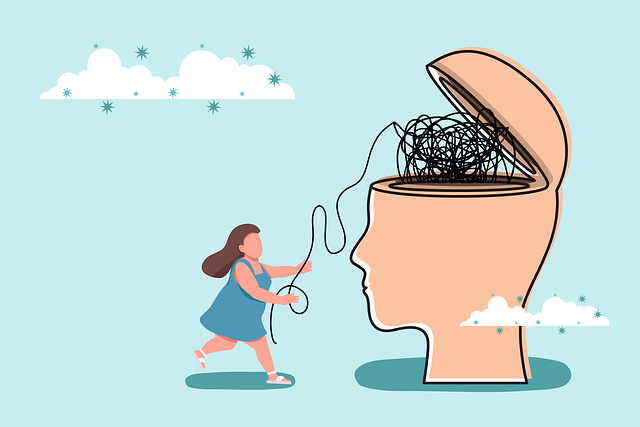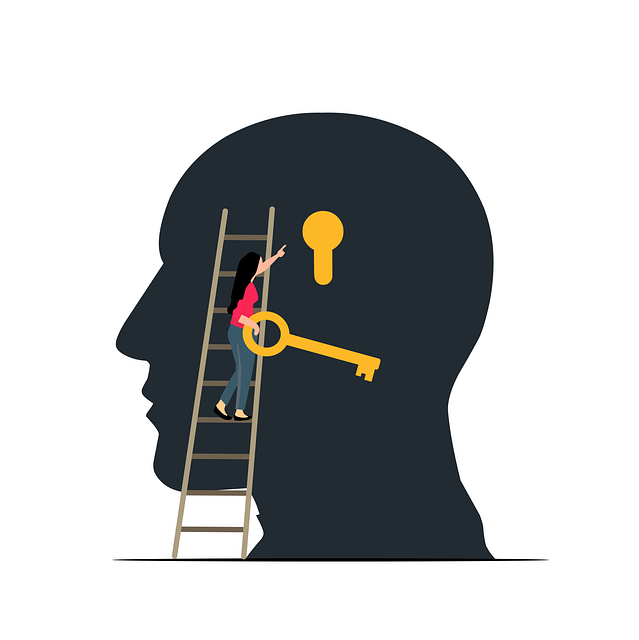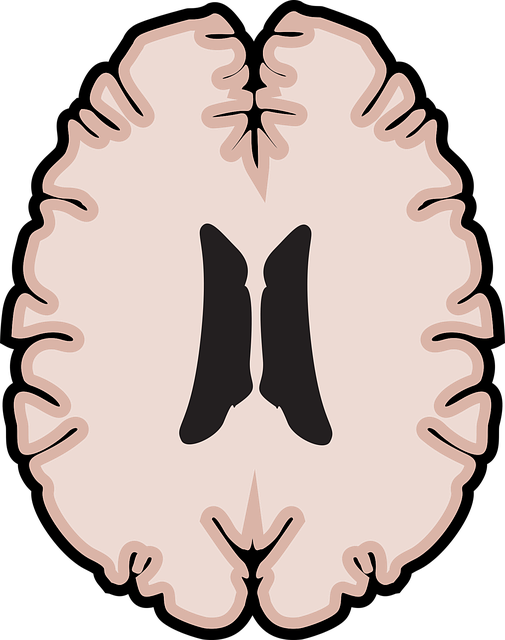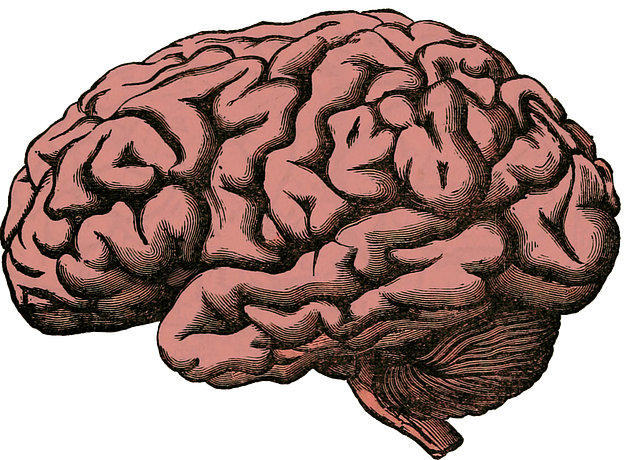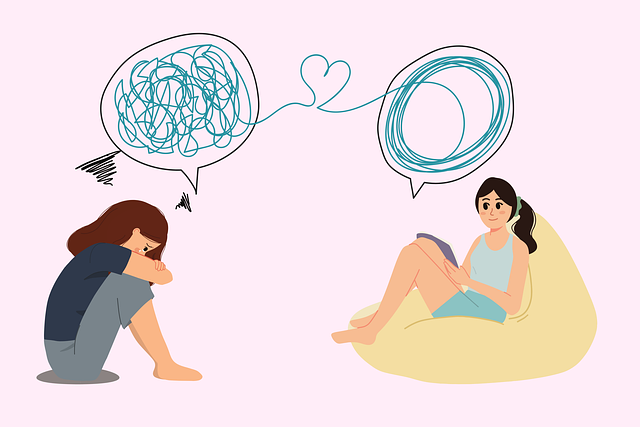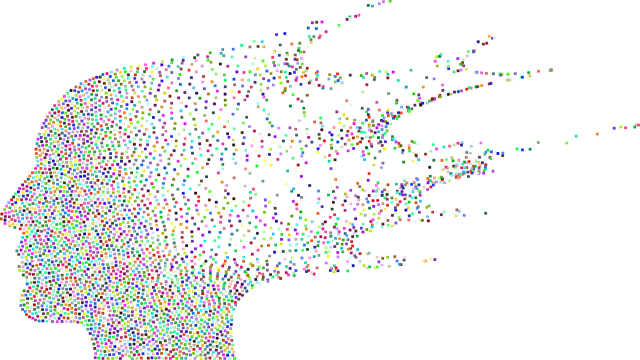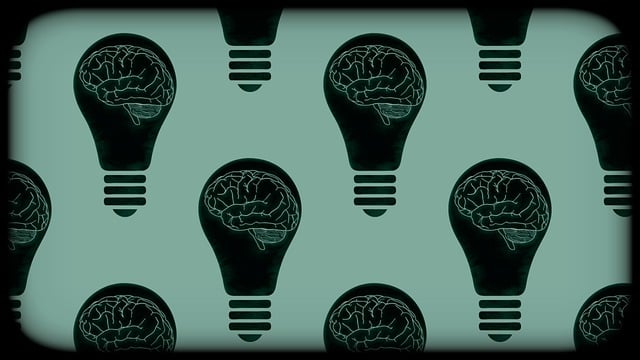Cultural diversity significantly impacts mental health practices, especially when treating young children from minority or immigrant families. Therapists and clinicians must adapt their approaches to address language barriers, acculturation stress, and cultural trauma. Through continuous professional development, self-awareness exercises, and learning about diverse cultural beliefs, therapists create inclusive environments that respect each child's unique identity. Tailored interventions, such as social skills training and culturally resonant strategies like mindfulness meditation, enhance therapy outcomes. Active listening, open-ended questions, and safe sharing spaces foster trust and understanding of families' cultural practices. Continuous learning and adaptation are vital for therapists to provide culturally responsive care, building resilience in young clients while contributing to an inclusive mental healthcare system that honors community diversity.
In today’s diverse society, cultural sensitivity is paramount in mental healthcare practice, especially when treating young children. The impact of cultural diversity on mental health cannot be overlooked, as it shapes individuals’ experiences and influences their approach to seeking therapy. This article explores the critical role of therapists-clinicians in fostering cultural sensitivity, offering strategies for incorporating cultural competence in young children’s therapy. We discuss continuous learning and adaptation as essential components for ensuring culturally responsive practice, enhancing therapeutic outcomes for all.
- Understanding Cultural Diversity and Its Impact on Mental Health
- The Role of Therapists-Clinicians in Fostering Cultural Sensitivity
- Strategies for Incorporating Cultural Competence in Young Children's Therapy
- Continuous Learning and Adaptation: Ensuring Culturally Responsive Practice
Understanding Cultural Diversity and Its Impact on Mental Health

Cultural diversity is a rich tapestry that greatly influences mental health and well-being. In today’s globalized world, therapists and clinicians often encounter clients from various ethnic, cultural, and socioeconomic backgrounds, each bringing their unique experiences, beliefs, and values to therapy. This cultural diversity has profound implications for mental healthcare practice. Understanding these differences is crucial for effective treatment as it shapes communication, interpretation, and intervention strategies.
For young children, especially those from minority or immigrant backgrounds, cultural sensitivity in therapy can significantly impact the promotion of emotional well-being. Therapists must be aware of the specific challenges these children face, such as language barriers, acculturation stress, and potential trauma related to their home cultures. By incorporating culturally tailored techniques for stress management and social skills training, therapists can create a safe and supportive environment that respects and embraces the child’s cultural identity, fostering effective therapy outcomes.
The Role of Therapists-Clinicians in Fostering Cultural Sensitivity

In mental healthcare, therapists-clinicians play a pivotal role in fostering cultural sensitivity. They are the frontline advocates for young children from diverse backgrounds, ensuring that therapy aligns with each child’s unique cultural context. Through self-awareness exercises, therapists enhance their understanding of their own biases and incorporate this knowledge into practice. This involves learning about different cultural beliefs, values, and practices to provide more inclusive and effective therapy.
Social skills training and self-care practices are integral components of this process. Therapists engage in continuous professional development to stay updated on the latest research and best practices related to cultural sensitivity. By incorporating these strategies into their work, therapists create a safe and supportive environment where young clients can explore their identities, express themselves freely, and receive tailored therapy that respects and celebrates their cultural heritage.
Strategies for Incorporating Cultural Competence in Young Children's Therapy

Incorporating cultural competence into therapy for young children requires a thoughtful, tailored approach that respects and embraces diverse backgrounds. Therapists-clinicians can start by actively listening to and learning from families, understanding their unique cultural practices and beliefs related to mental wellness. This involves asking open-ended questions during intake processes and creating a safe space for families to share their perspectives. Additionally, integrating strategies such as mindfulness meditation and anxiety relief techniques that resonate across cultures can be beneficial. These practices not only enhance therapy sessions but also foster a sense of comfort and trust between the therapist and child.
Cultural sensitivity training is vital for therapists-clinicians working with diverse populations. Workshops, webinars, and ongoing professional development courses focused on cultural competence can equip practitioners with tools to navigate complex issues. By learning about various cultural perspectives on mental health and mental wellness, therapists gain insights into how these beliefs influence a child’s experience of therapy. This knowledge enables them to adapt their approaches, ensuring that young clients receive culturally responsive care that promotes positive outcomes while respecting their heritage.
Continuous Learning and Adaptation: Ensuring Culturally Responsive Practice

In the dynamic field of mental healthcare, continuous learning and adaptation are paramount for therapists and clinicians to ensure culturally responsive practice. This involves a deep understanding of diverse communities and their unique needs, beliefs, and values. By engaging in ongoing professional development, therapists can enhance their cultural competence, making therapy more accessible and effective for young children from various backgrounds. Such learning often includes exploring different therapeutic approaches tailored to specific cultures, mastering communication strategies that bridge gaps, and learning about the intergenerational impact of cultural traumas.
Adapting therapy practices to respect and incorporate cultural elements fosters a sense of safety and trust in the therapeutic relationship. This adaptability supports resilience-building within young clients, allowing them to engage more openly in emotional healing processes. Therapists who embrace continuous learning not only improve outcomes but also contribute to creating a more inclusive mental healthcare system that honors the rich diversity of its community members.
Incorporating cultural sensitivity into mental healthcare is no longer a consideration—it’s a necessity. By understanding the impact of cultural diversity on mental health, therapists-clinicians can create safe and effective environments for young children. Strategies like continuous learning, adapting practices, and fostering cultural competence are vital tools to ensure responsive therapy. Through these efforts, we can revolutionize mental healthcare, providing tailored support that resonates with every child’s unique background.

